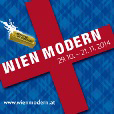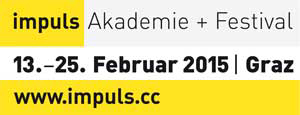

Emily Howards „Lovelace Trilogy“
Musikalische Hommage an eine Pionierin der Mathematik
ESSAY
Axel Petri-Preis
studierte Musikerziehung, Germanistik und Musikwissenschaft in Wien. Musikerzieher, Autor von musikwiss. Texten und Einführungstexten und Dramaturg (Neue Oper Wien). Leiter der Musikvermittlung und redaktioneller Leiter von terz.
www.terz.cc
„Again, it might act upon other things besides
number, were objects found whose mutual fundamental relations could be expressed by those of the abstract science of operations, and which should be also susceptible of adaptations to the action of the operating notation and mechanism of the engine. Supposing, for instance, that the fundamental relations of pitched sounds in the science of harmony and of musical composition were susceptible of such expression and adaptations, the engine might compose elaborate and scientific pieces of music of any degree of complexity or extent.“
1 Bereits 1842 äußerte Ada Lovelace in ihren berühmt gewordenen Anmerkungen zur Beschreibung der Analytischen Maschine von Charles Babbage diese Gedanken zu einer computergenerierten Musik, wie sie erst im darauffolgenden Jahrhundert Realität wurde.
Den vollständigen Essay können Sie in der April-Ausgabe von Seiltanz lesen.
- L. F. Menabrea, Ada Augusta: Sketch of the Analytical Engine, Bibliothèque Universelle de Genève, Nummer 82, October 1842. vgl: www.fourmilab.ch/babbage/sketch.html, letzter Aufruf: 20.12.2011.






